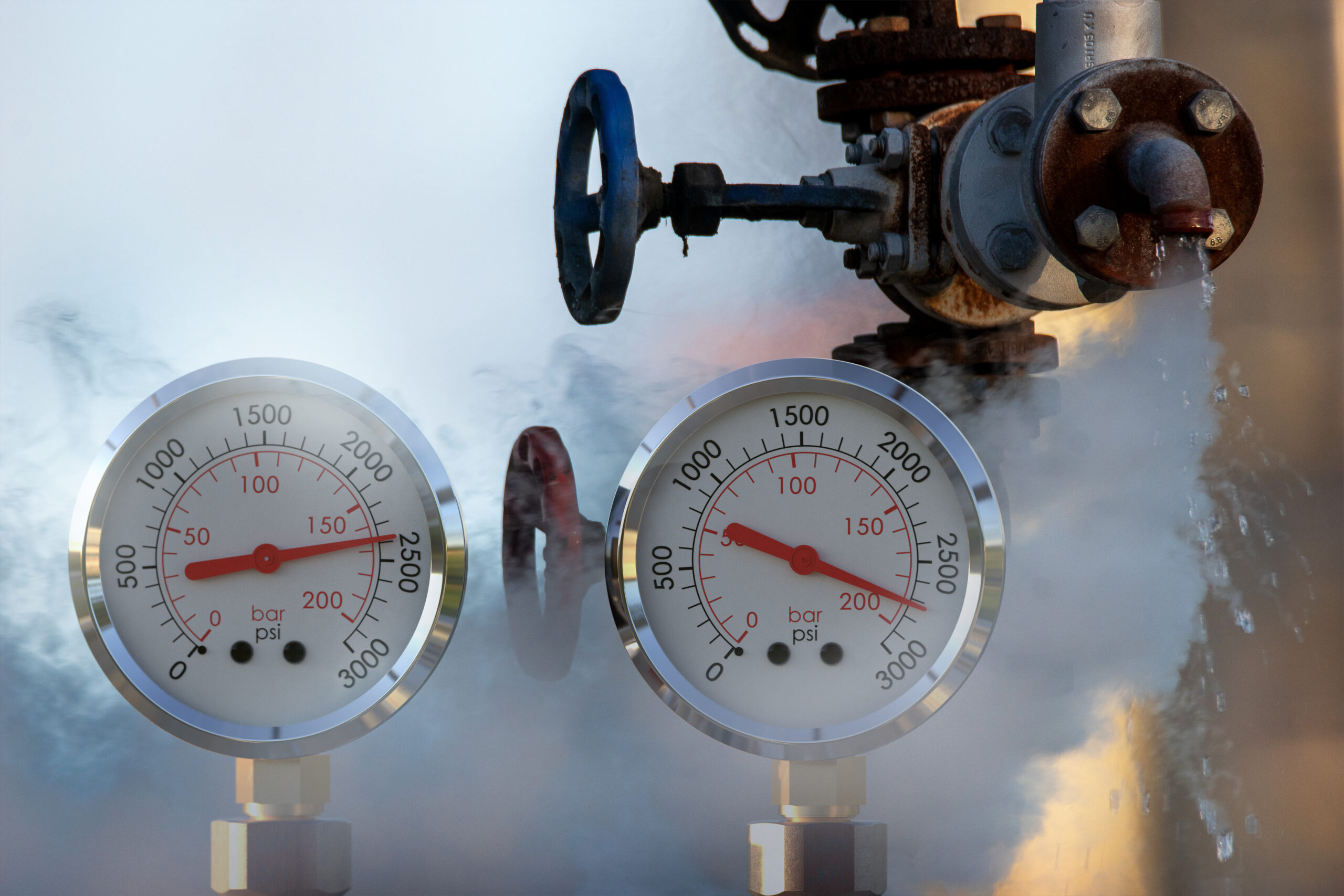

Blog
Building new homes that are all electric makes TONS of sense. I’ve written about that before. Electrifying existing single-family homes, however, is not necessarily straightforward.


This is part of a series; see the first post here.
Building new homes that are all electric makes TONS of sense. I’ve written about that before. Electrifying existing single-family homes, however, is not necessarily straightforward. Many state and utility programs in the Northeast[1] offer hefty incentives for air-source heat pumps (ASHPs), but fuel-fired systems are often left in place and used as the primary heating system. Clearly, when that’s the case, carbon emissions are not reduced much. Other programs are pushing completely electrifying homes and removing fossil fuels, but these programs are not gaining all that much traction.
This may seem obvious, but it’s important to consider homeowners’ goals and desires when installing heat pumps in homes. I don’t necessarily see this considered by policy makers and electrification programs, and I think it’s a big disconnect. Programs and policies are focused on the big picture (appropriately) and generally want to reduce/eliminate fossil fuels to help meet carbon reduction goals. What homeowners want can vary like crazy.

The answer to “Will this save me money?” is: “It depends.” This can be a tough sell. Good ASHP installations will certainly be less costly to operate than resistance heat and very often will cost less than oil- or propane-fired systems. But good ASHPs generally cost more to operate than natural gas systems. Prices vary widely with location and time, of course, but this is pretty typical (in the Northeast, 2021). Notice I said “good ASHP” installations. Actual installed performance is all over the map. More to come on this.
Policies don’t (and can’t) assess homeowner goals on a case-by-case basis. But contractors can (and should). Considering customer goals and meeting those goals is key! Satisfied customers lead to more customers. More customers mean greater acceptance of heat pumps. This is a win for contractors and electrification programs alike.
For customers who don’t care much about carbon, meeting their non-carbon goals needs to be a contractor’s top priority. This doesn’t mean there’ll be no carbon savings; meeting client needs and reducing fuel use is certainly possible, but it’s kind of an art in individual homes. On a large scale it’s really, really challenging. My hunch is that we won’t see huge inroads in electrifying existing homes until homeowners’ top priority is met: clear and compelling cost savings.
Up next: Step 2 – Consider the envelope.
[1] Of course, fuel-fired systems can be installed and operated safely without compromising health. But eliminating on-site fuel entirely is compelling to some people.
[2] …and elsewhere in the US, Canada, worldwide. I’m just most familiar with programs & policies in the Northeast US.
Robb Aldrich